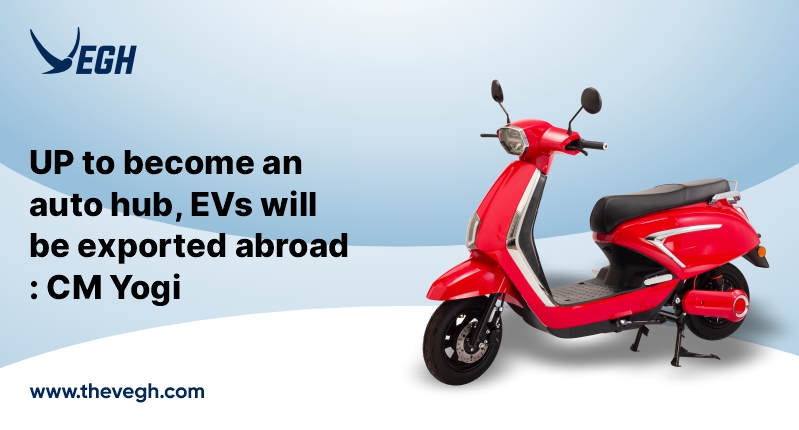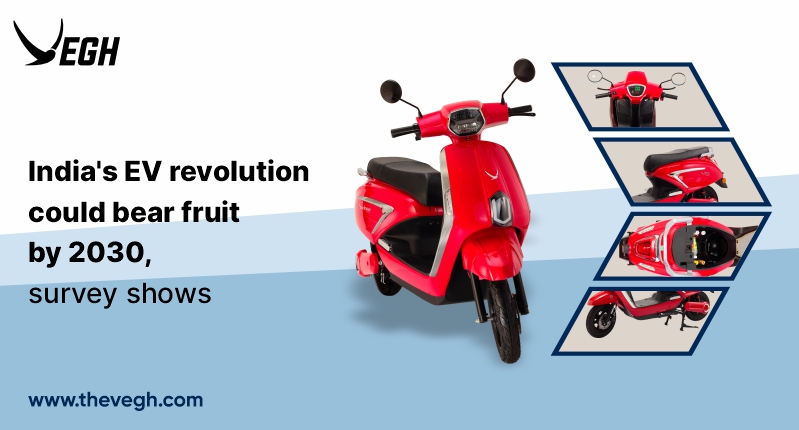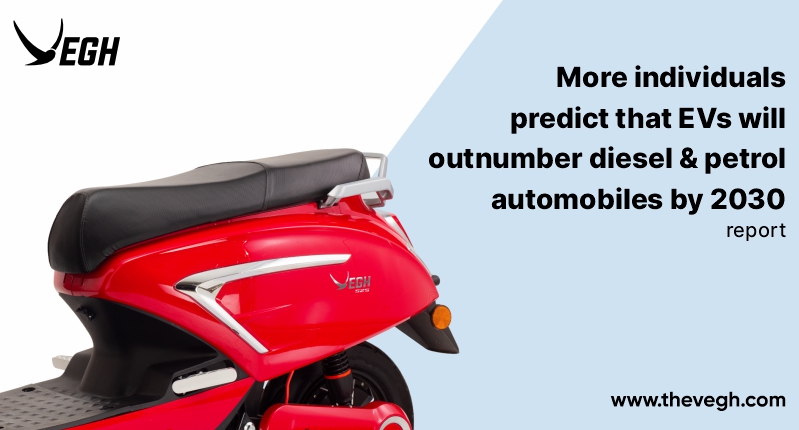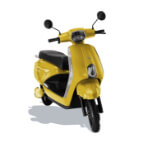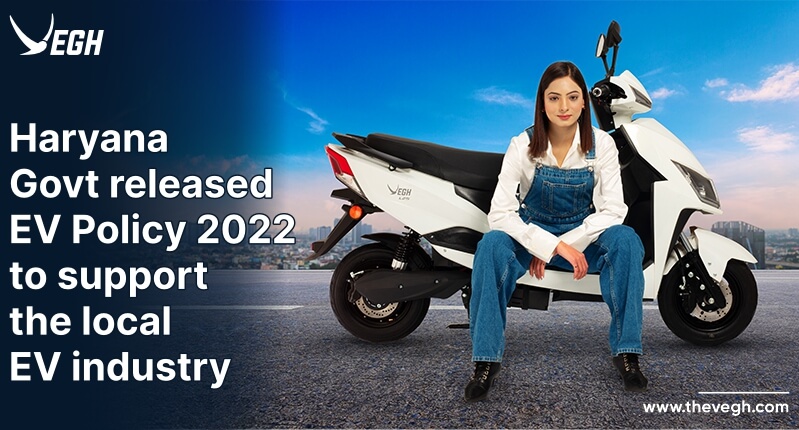
“In order to push EV growth, the Haryana govt has come up with the EV policy 2022. With this policy Haryana govt is focusing on incentivising the EV adoption and inviting companies to do R&D in the EV industry”
Haryana govt has released its EV Policy 2022, let’s understand what there is in it for the EV Industry. The Haryana EV Policy aims to accelerate the EV revolution throughout the state by replacing all Haryana State Transport buses by 2030 with electric, fuel cell, or other non-fossil fuel-based vehicles.
Haryana govt declared the year 2022 as “Year of the Electric Vehicles.” This EV policy has clear roadmaps for supporting EV R&D, assuring talent development in the EV industry, and making Haryana a center for EV manufacturing. These objectives will help in the growth of EV adoption in the state. The purpose of the policy is to increase both EVs adoption and charging infrastructure in order to reach 100 percent e-mobility. Two cities—Gurugram and Faridabad—are designated as model cities for electric mobility.
But a sufficient number of charging stations are required to support the rising EV adoption.. The Department of Town and Country Planning is working on new policies to include arrangements for EV Charging in Group Residential Buildings, Commercial Buildings, Institutional Buildings, Malls, Metro Stations, and more to ensure that there is never a shortage of charging stations.
Haryana’s new EV Policy for 2022 was approved in a cabinet meeting presided over by CM Manohar Lal Khattar as a step to encourage EV adoption in the state. The program provides financial incentives to EV manufacturers through many channels, including incentives on fixed capital investment, stamp duty, job creation, net SGST, and others. Stamp duty will be fully refunded, while electricity duty will be excluded for 20 years.
For ten years, the SGST refund will be equal to 50% of the applicable SGST.
Incentives will take the form of subsidies for businesses that produce EVs and EV parts like charging infrastructure and batteries. Large industries will receive a subsidy of up to Rs. 10 crores or 10% of FCI, whichever is less, while mega industries will receive a capital subsidy at 20% of FCI or Rs. 20 crore, whichever is lower. Similar to how the small business would receive 20% of FCI up to Rs. 40 lakhs and the medium industry will receive 20% of FCI up to Rs. 50 lakhs. With 25% of FCI up to Rs 15 lakhs, even the microindustry will profit.
Battery disposal facilities will also receive incentives; they will receive 15% of FCI up to Rs. 1 crore. In lieu of Haryana-native labor being employed by EV enterprises, the Haryana EV policy would also pay an employment-generating subsidy of Rs. 48,000 per employee per year for 10 years.

